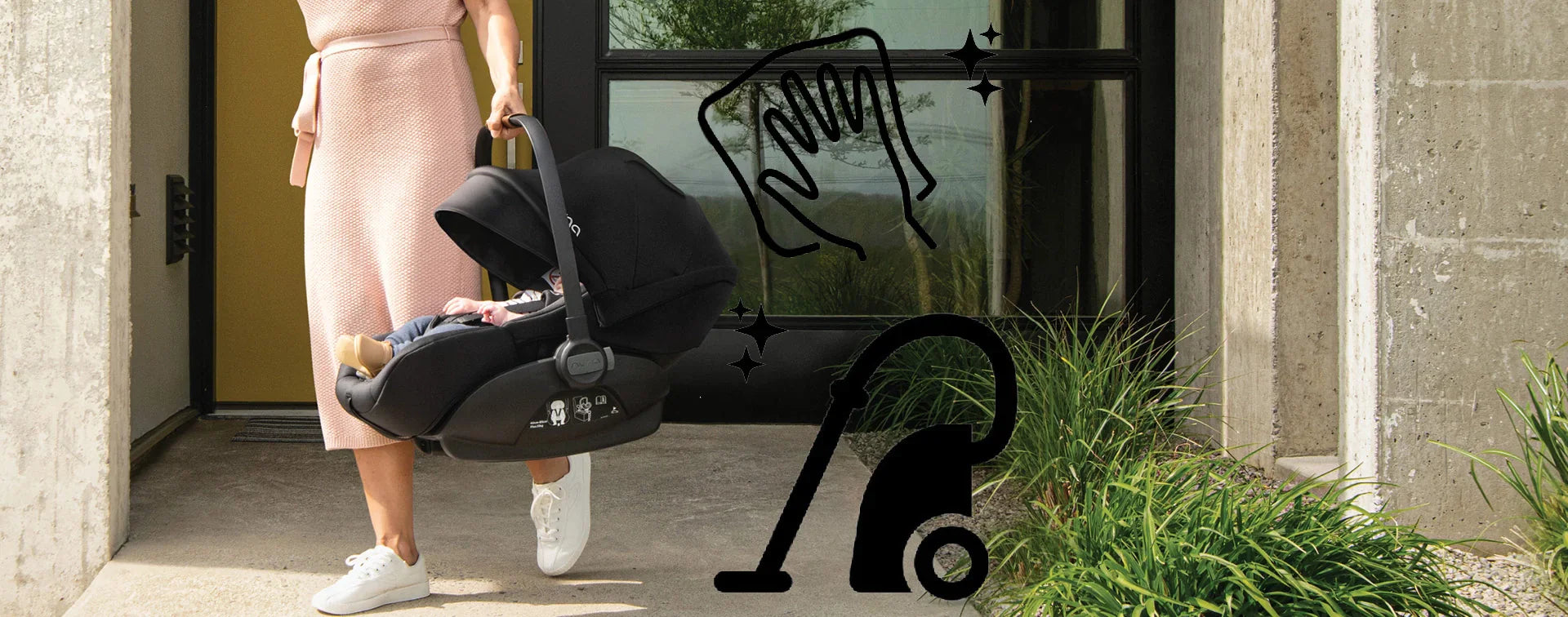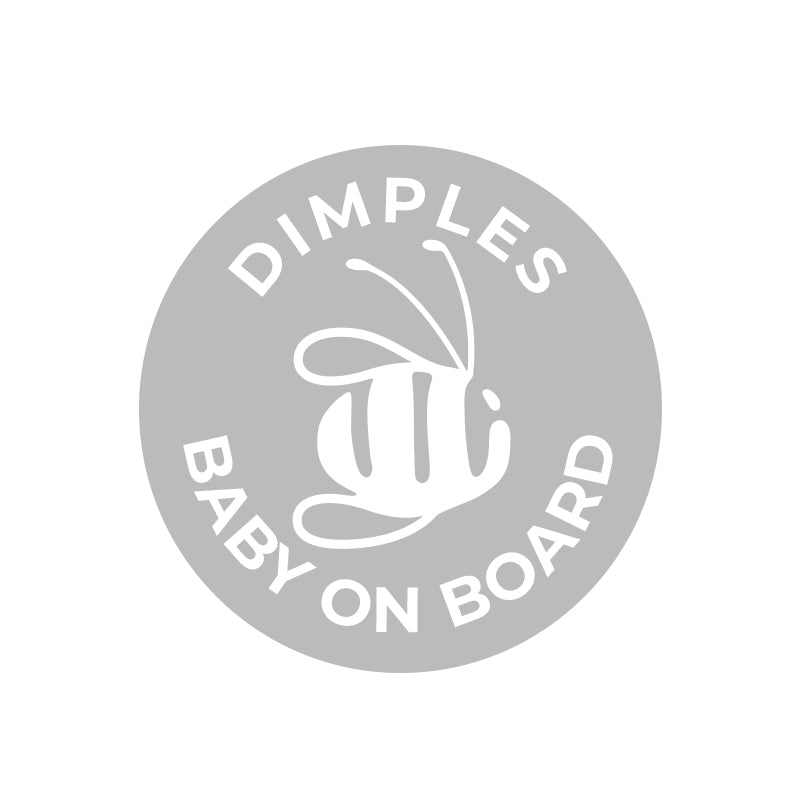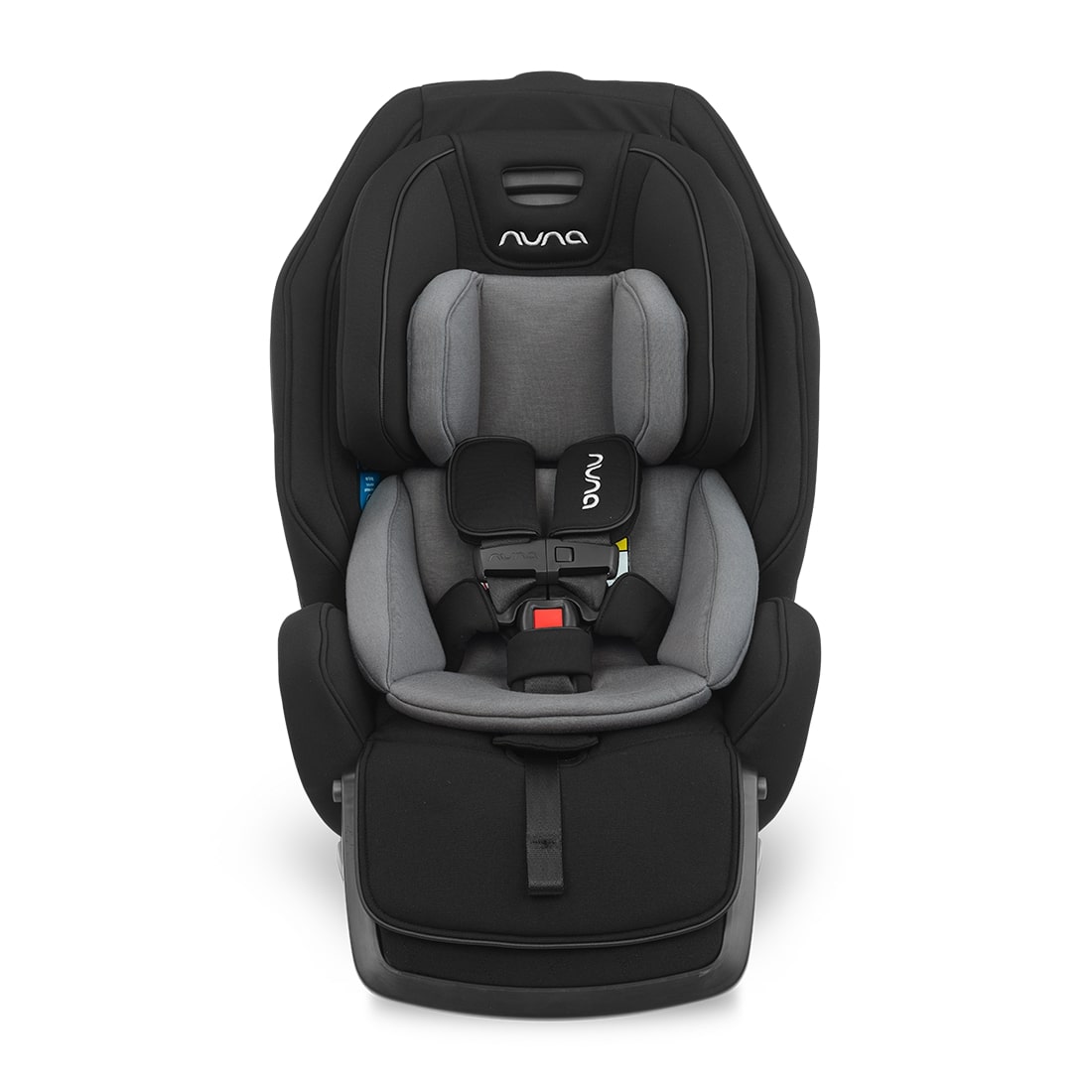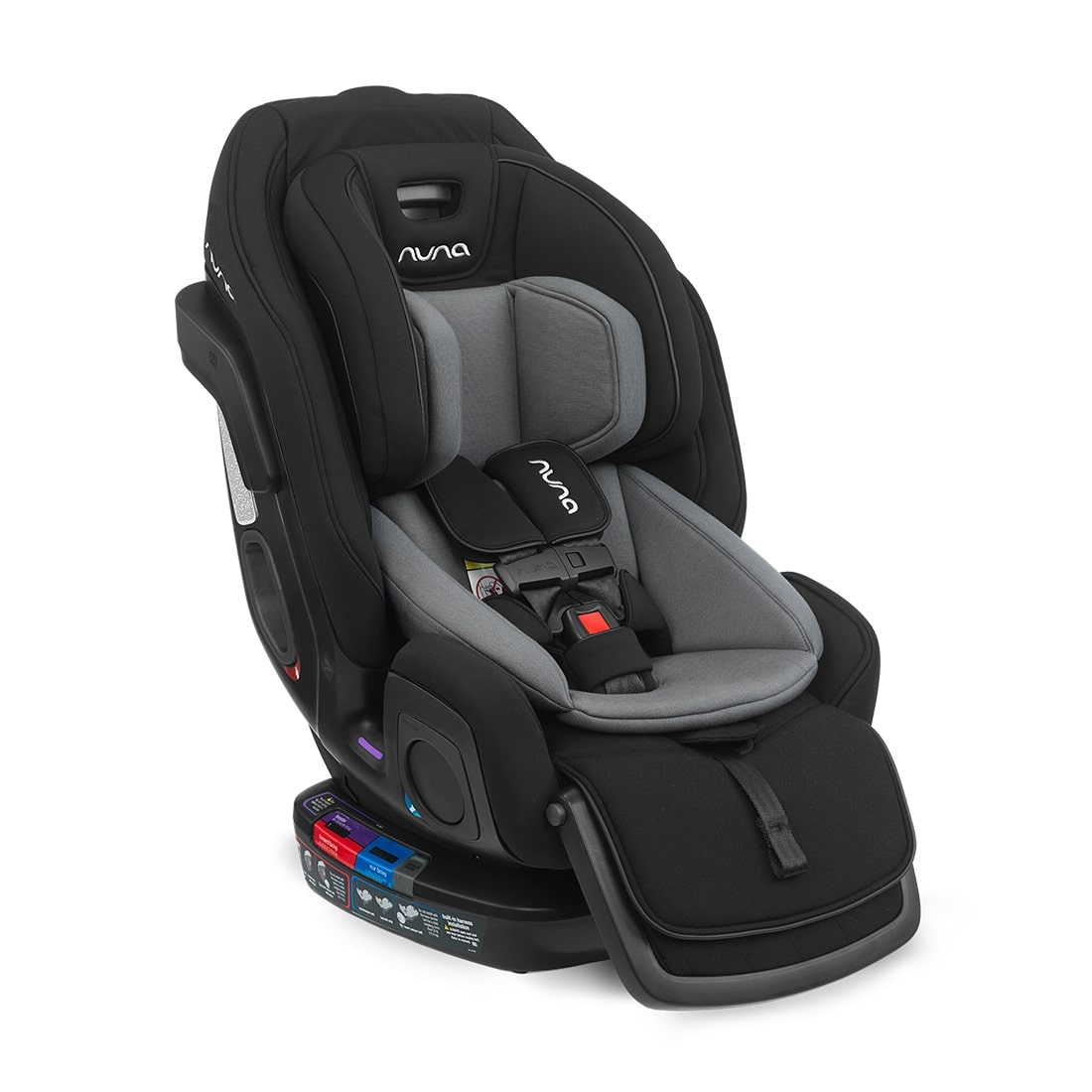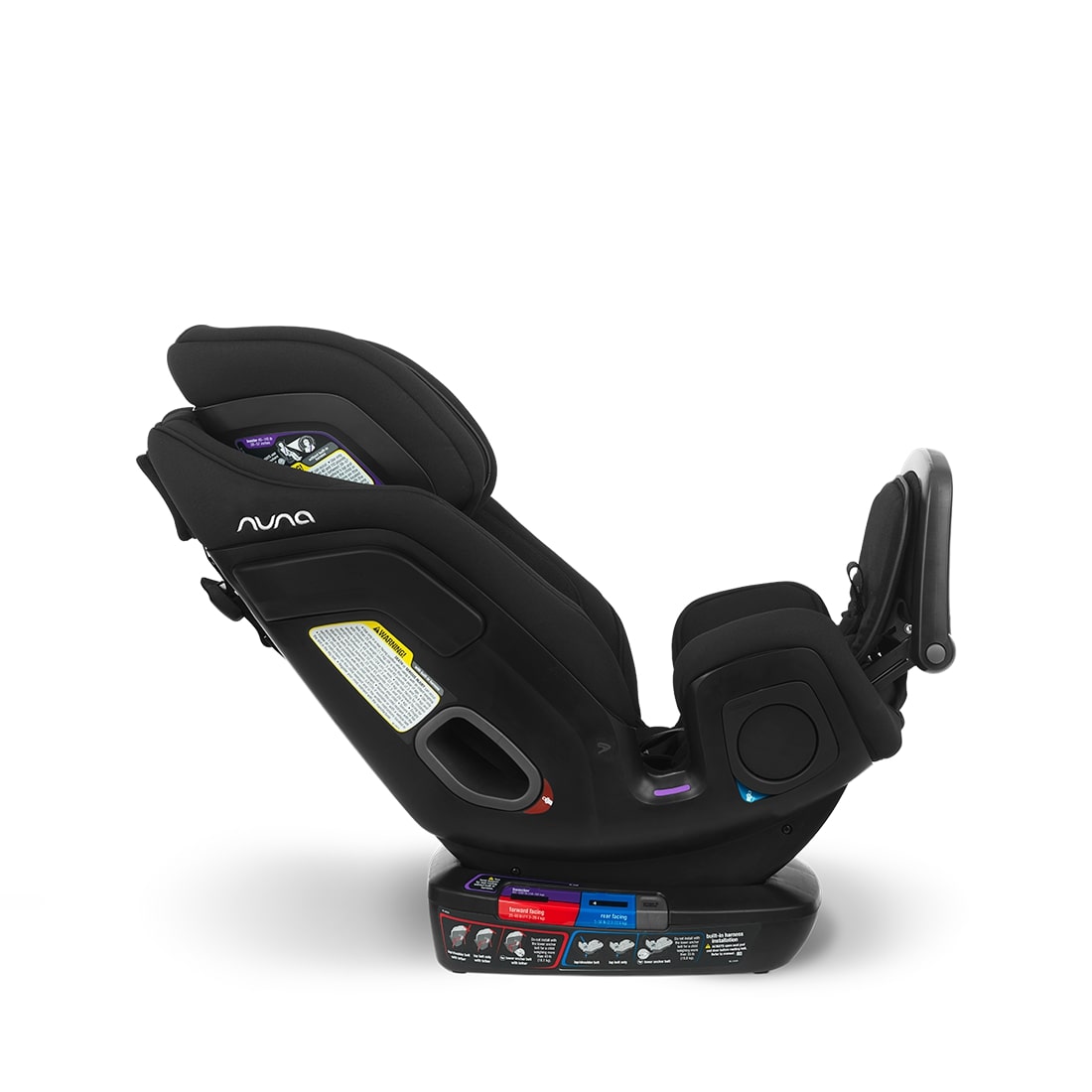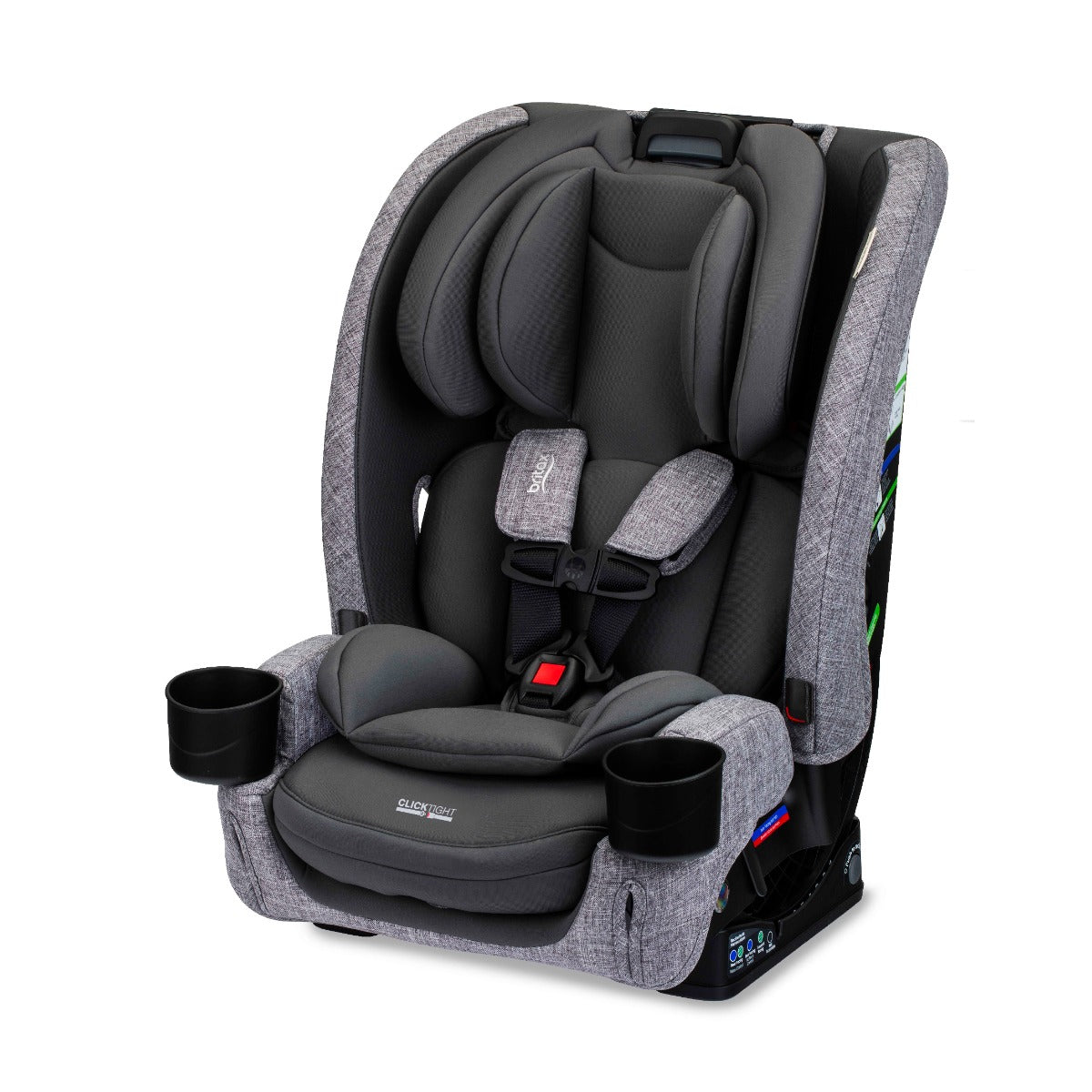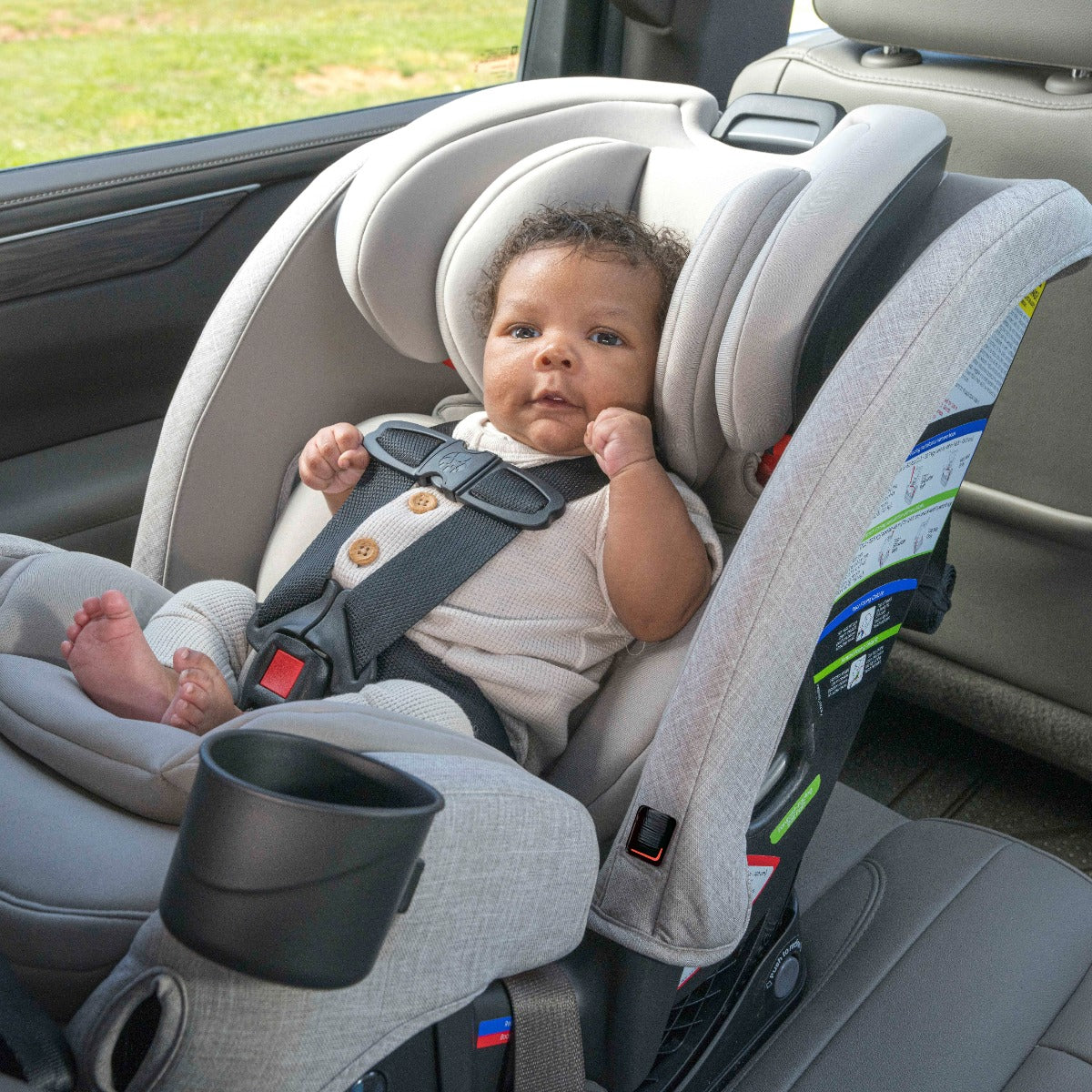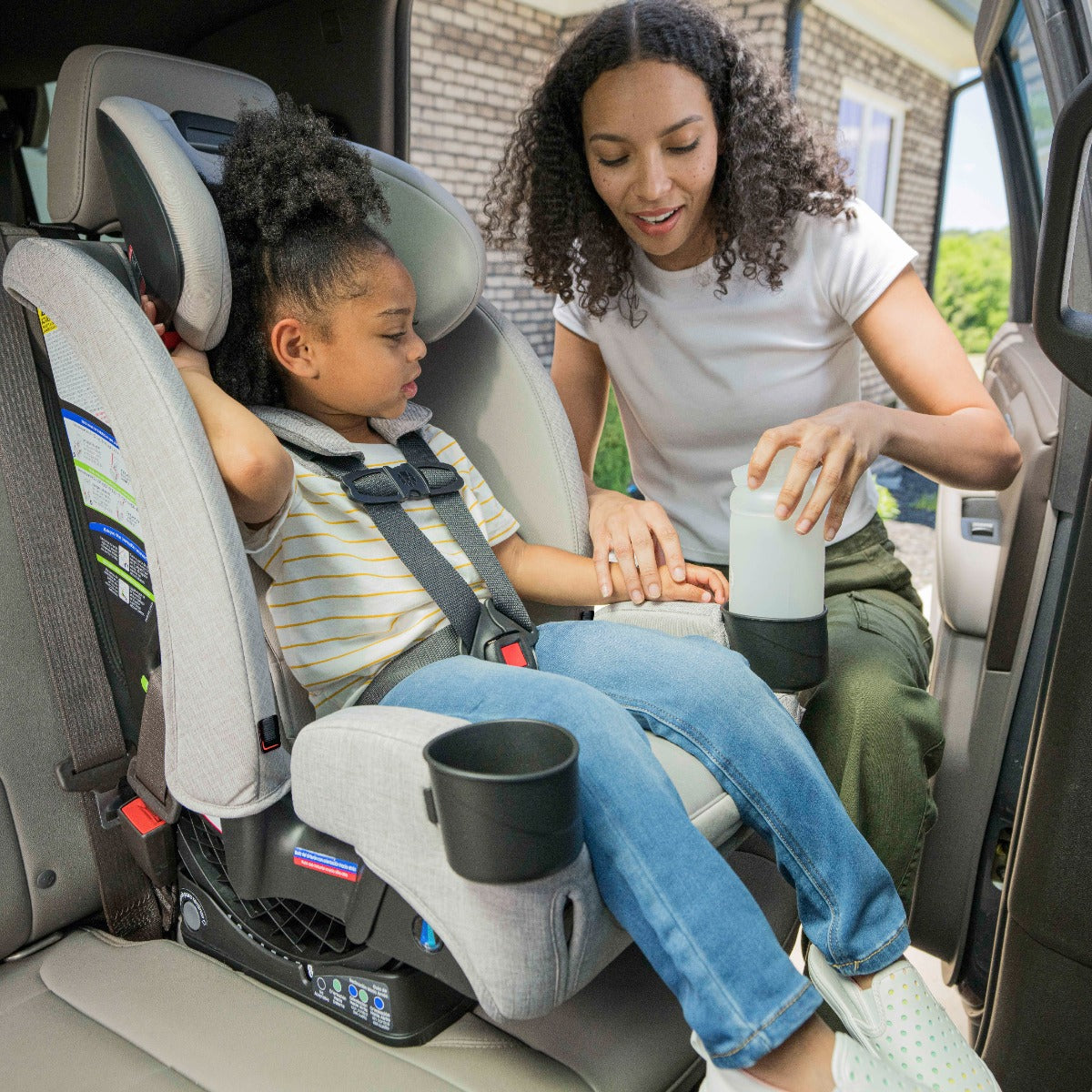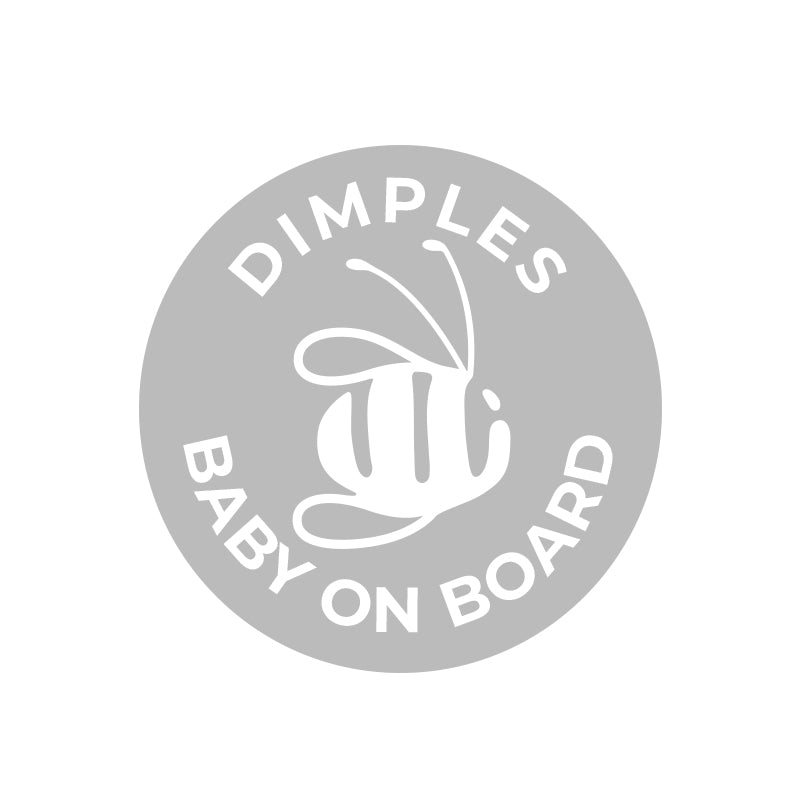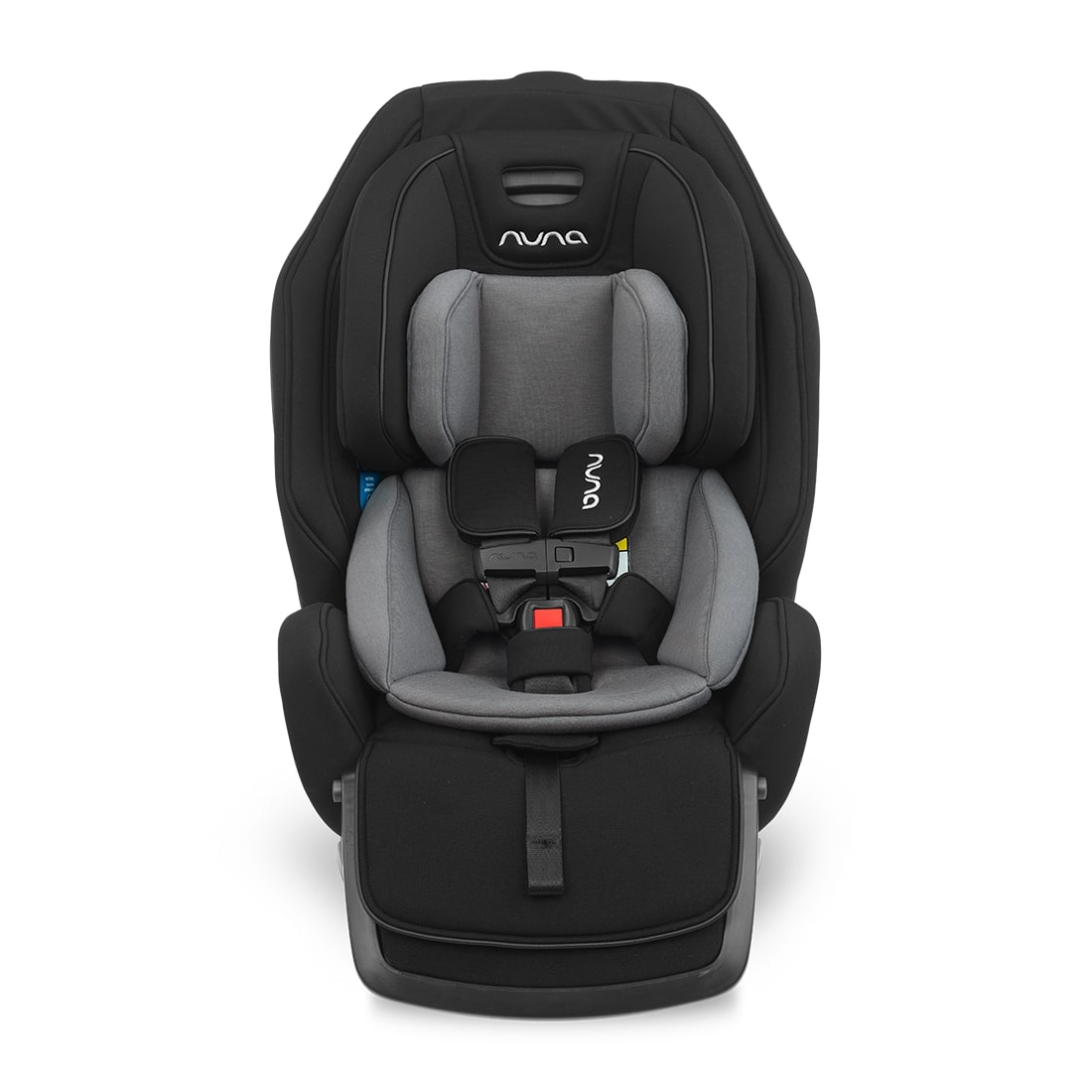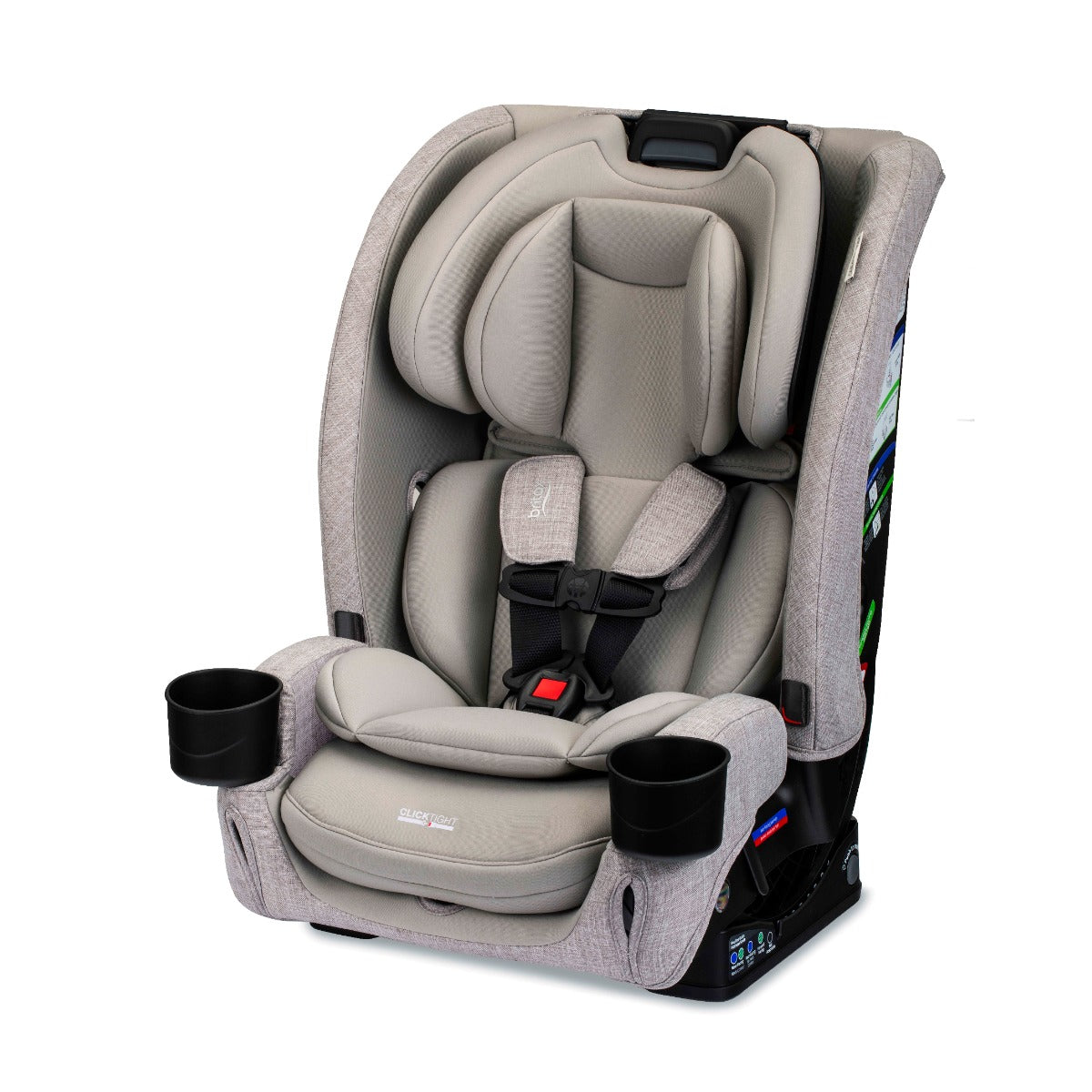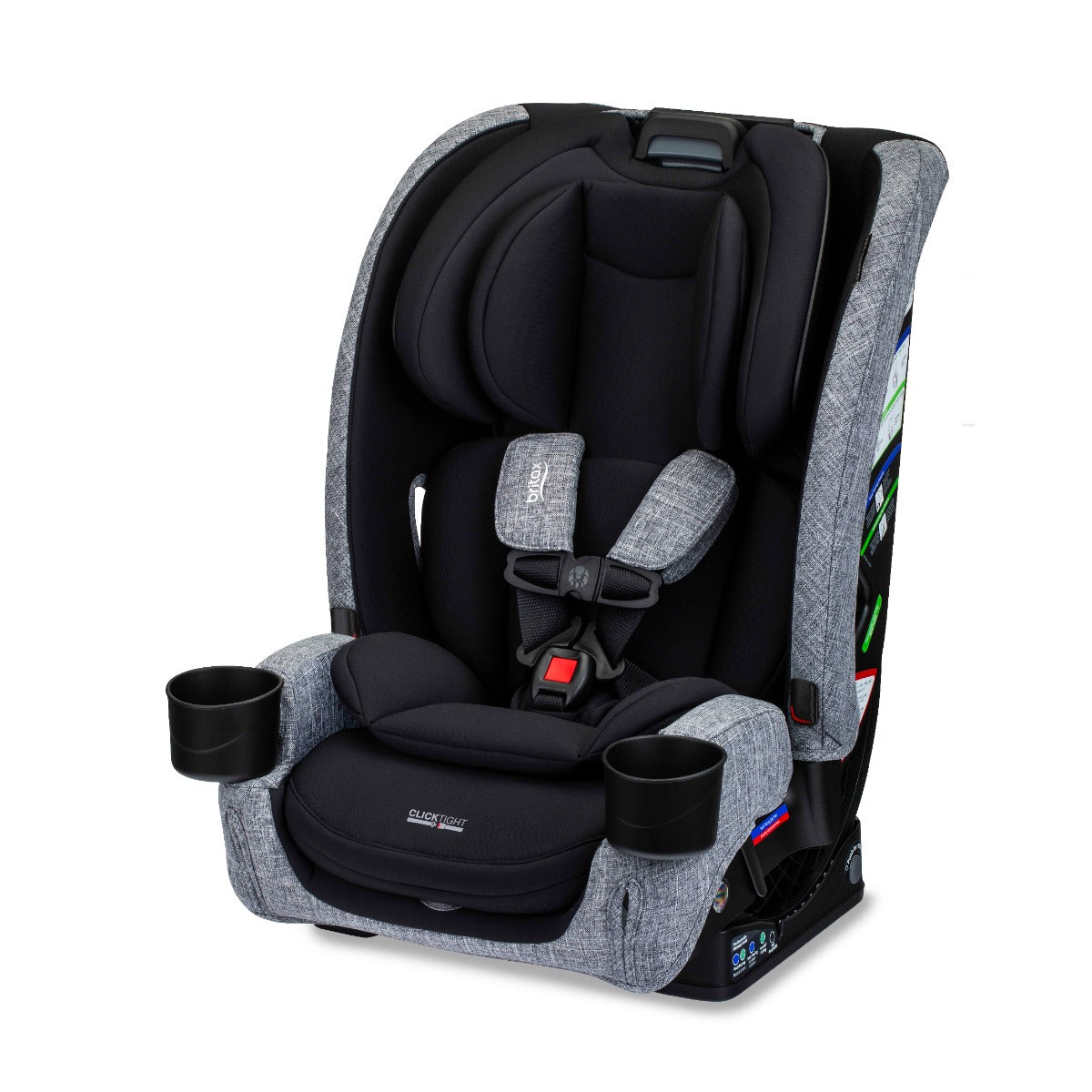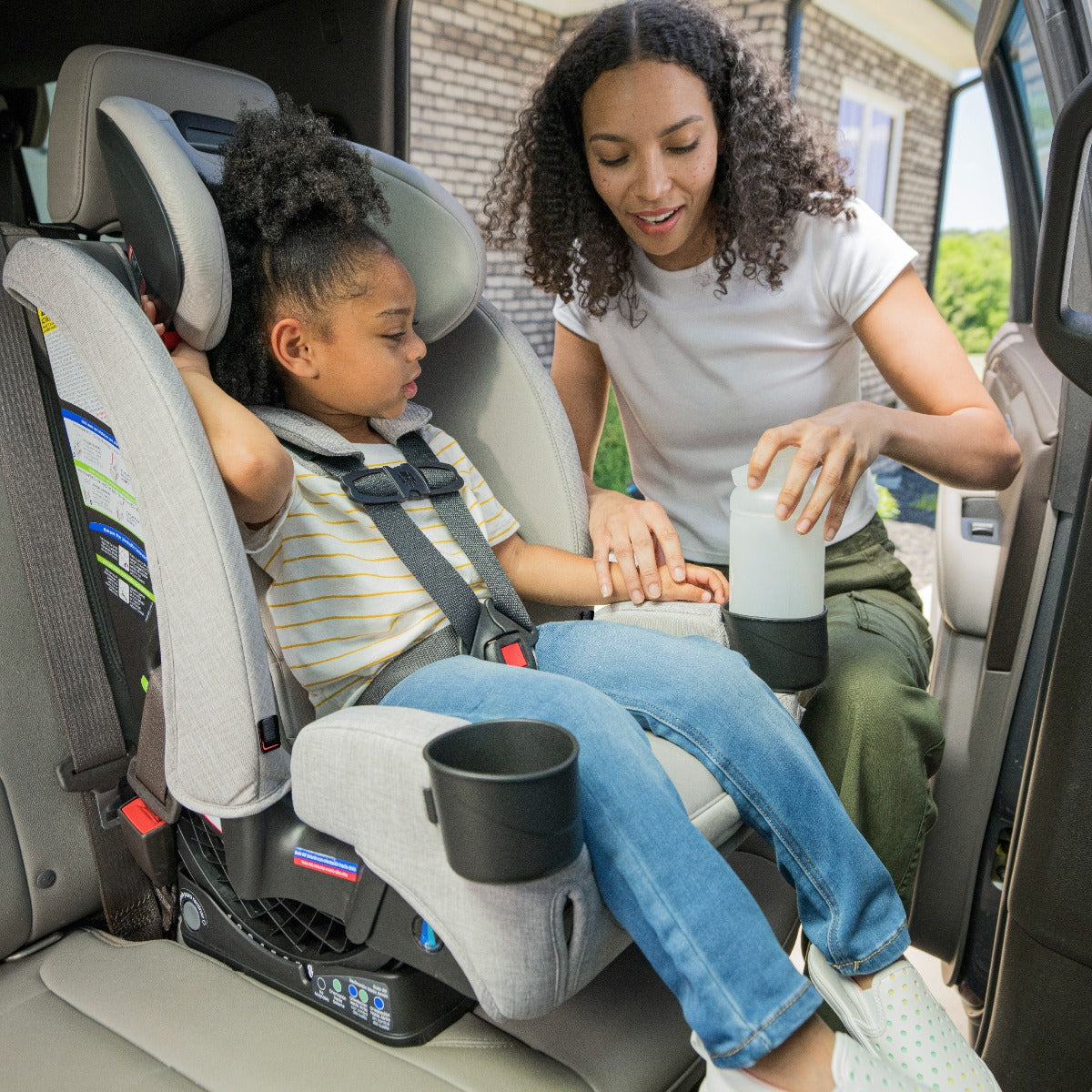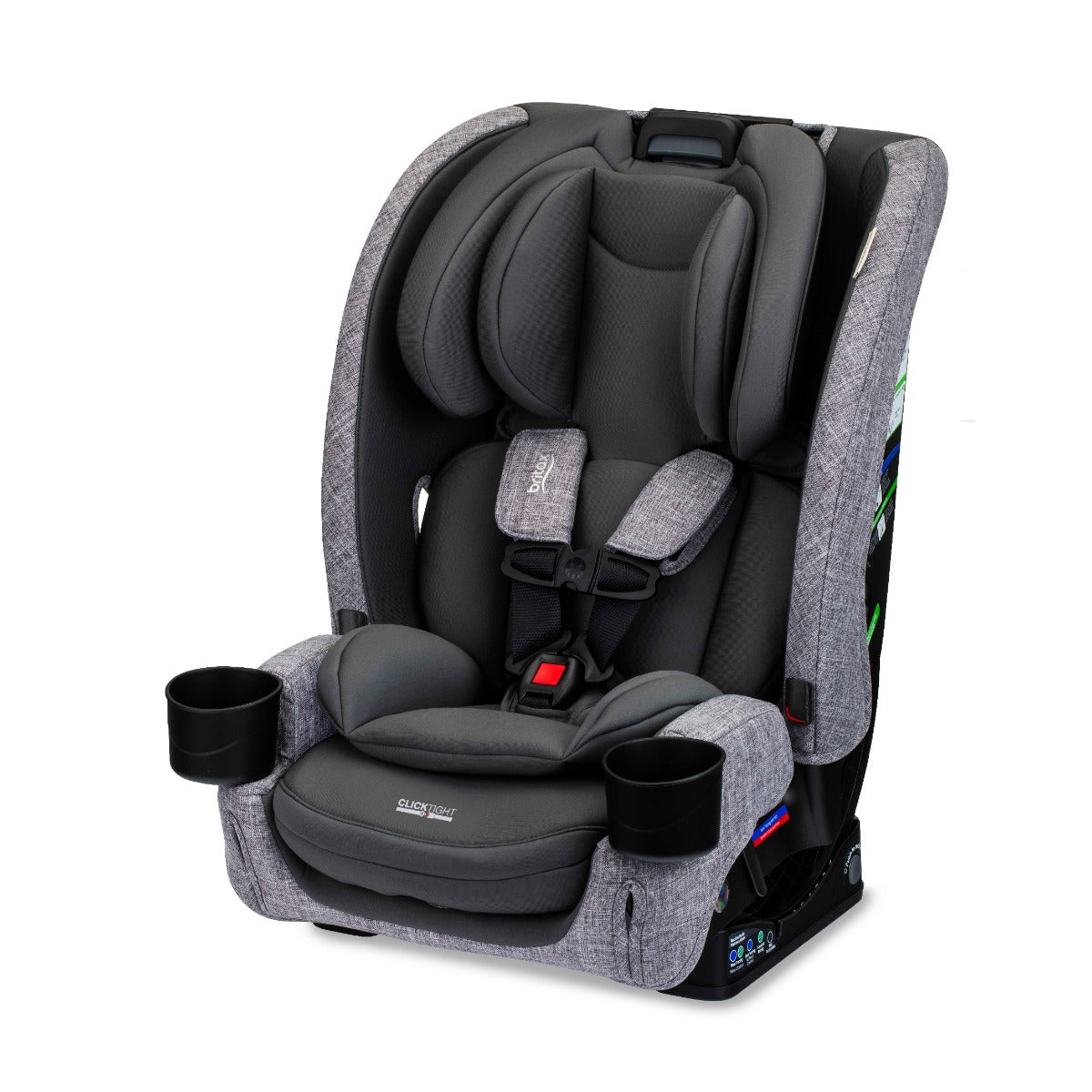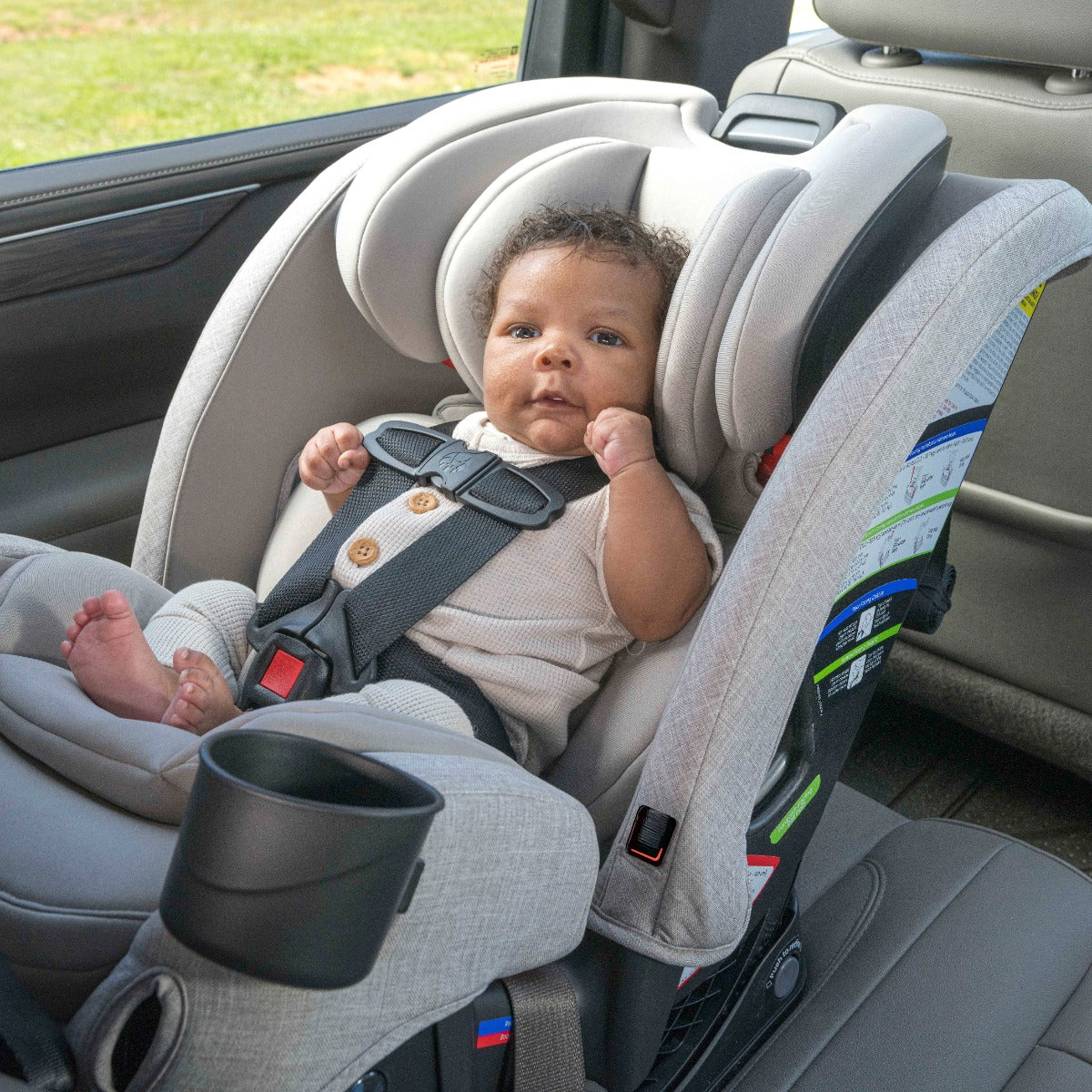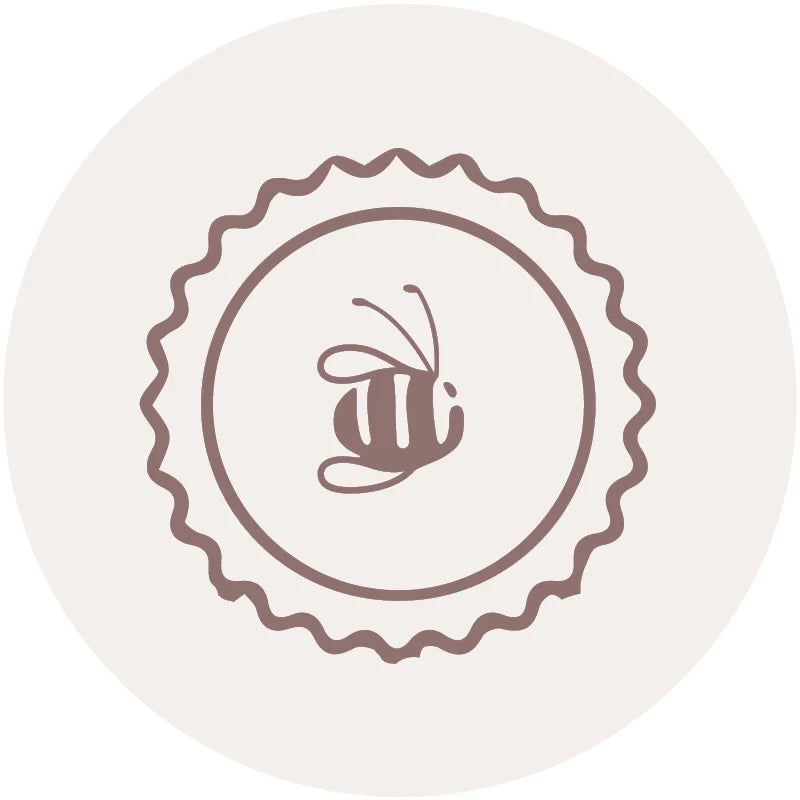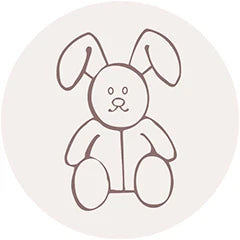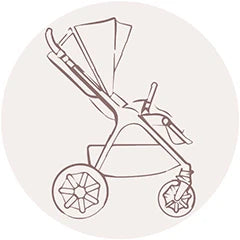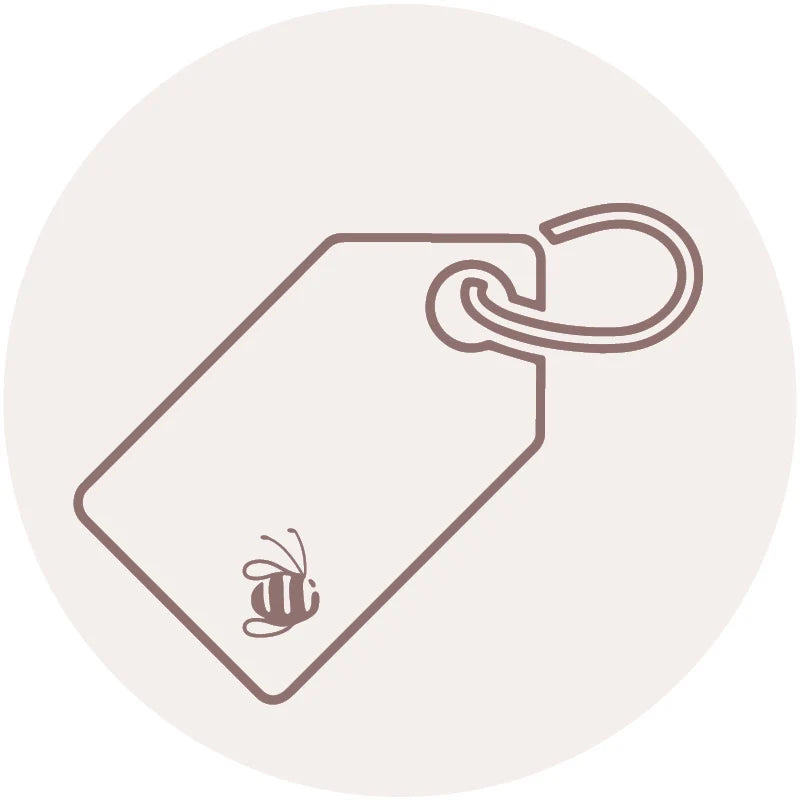As parents, we often find ourselves marvelling at how quickly our little ones grow. One day, they're nestled securely in their capsule and before we know it, they're moving on to a convertible car seat.
If you're planning to store a capsule for a future sibling, you’ll want to ensure it remains in excellent condition, ready to protect your next bub. One of the main concerns during storage is preventing mould, which can be harmful to your baby's health and damaging to the car seat.
Also, be aware that car seats do have an expiration date. Check this before packing the seat away.
Here are some storage tips to help keep a capsule clean and mould-free:
1. First Step - Clean Thoroughly
Before you even think about storing the car seat, it’s crucial to clean it thoroughly. Mould thrives in dirty, damp environments, so you want to ensure the seat is as clean as possible.
- Remove Fabric Covers : Start by removing any fabric covers, cushions, and padding that can be taken off. Many of these can be machine-washed. Check the manufacturer’s instructions for your seat.
- Wipe Down You can spot-clean your harness and straps with warm water and a non-abrasive cloth (ensure you follow your instruction manual for advice as some manufacturers allow the use of soapy warm water).
- Vacuum Pay close attention to crevices that can accumulate crumbs, sand and dirt.
- Dry Completely : After washing, make sure that every part of the seat is completely dry before storage. Leaving any moisture behind is an invitation for mould growth. Some drying time in the sun is great as ultraviolet light is a natural disinfectant.
Read More about cleaning a car seat here.
2. Choose the Right Storage Environment
Where you store the car seat is as important as how you clean it.
- Cool, Dry Place : The storage area should be cool and dry. Avoid basements, garages, or attics if they’re prone to humidity, which can encourage mould growth. A closet or spare room inside your home, where temperatures are more regulated, is ideal.
- Elevated Position : Store the car seat off the ground to avoid potential contact with dampness.
- Packaging : Seal the seat in a plastic bag and then in a cardboard box for protective storage. If you’ve kept the original box the seat came in, that’s ideal. Ensure you have all the pieces together including the manual, any infant inserts and even the car seat adapters for your stroller. However you may want to store the fabric covers separately in the linen cupboard if you have one.
3. Check Periodically
It’s a good idea to regularly check on the car seat during storage to make sure there’s no exposure to damp or pests.
4. Pre-Use Inspection
Before you use the car seat for your next child, inspect it thoroughly. Check for any signs of damage, mould, or mildew. Give it another clean if necessary, and ensure that all components are still in good working order.
Final Thoughts
Storing a capsule car seat between children can save you money and reduce waste, but it requires careful cleaning and storage to keep it in top condition. Don’t forget to get it out of storage and do that pre-use check nice and early so you have everything sorted well before the new bub arrives.


